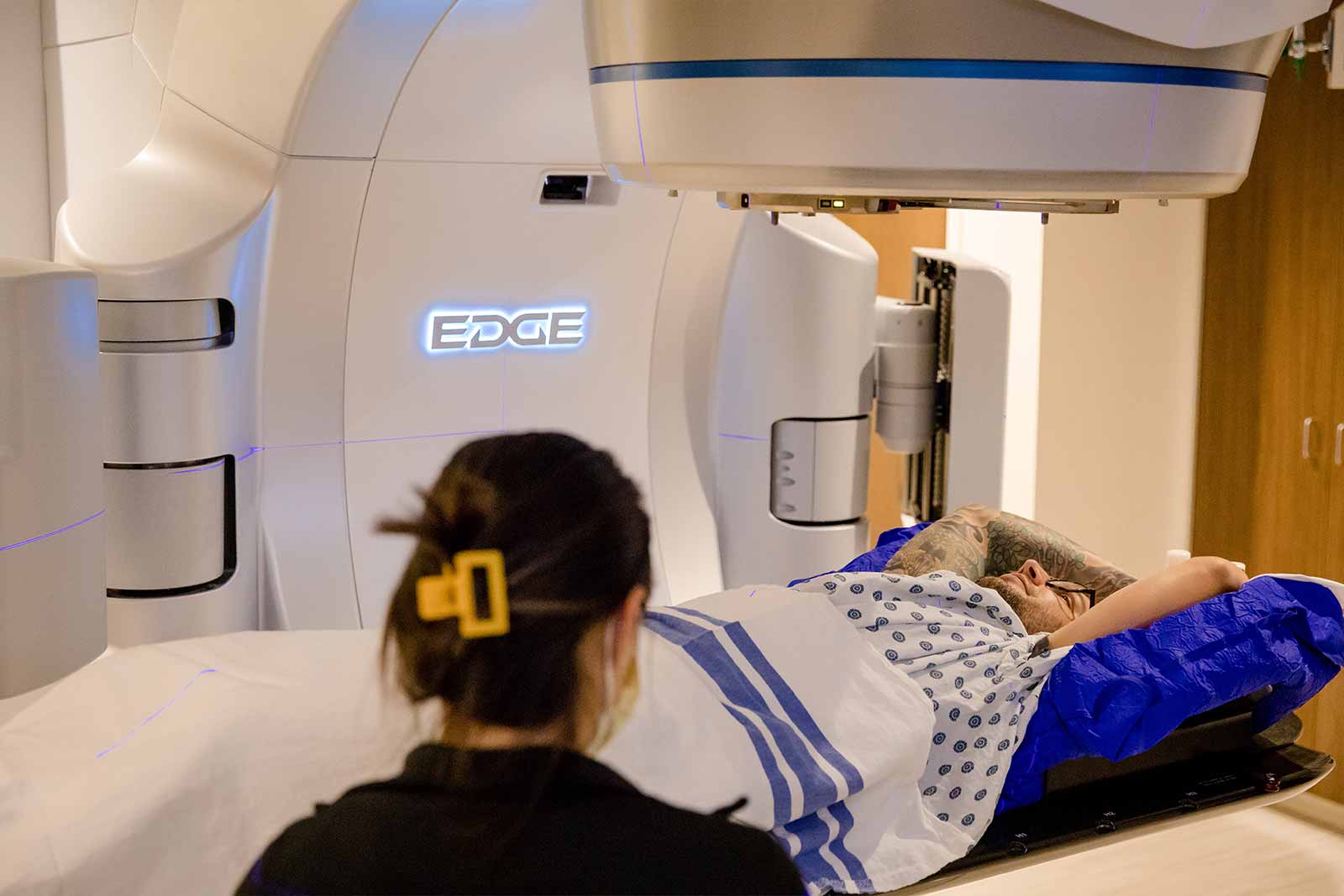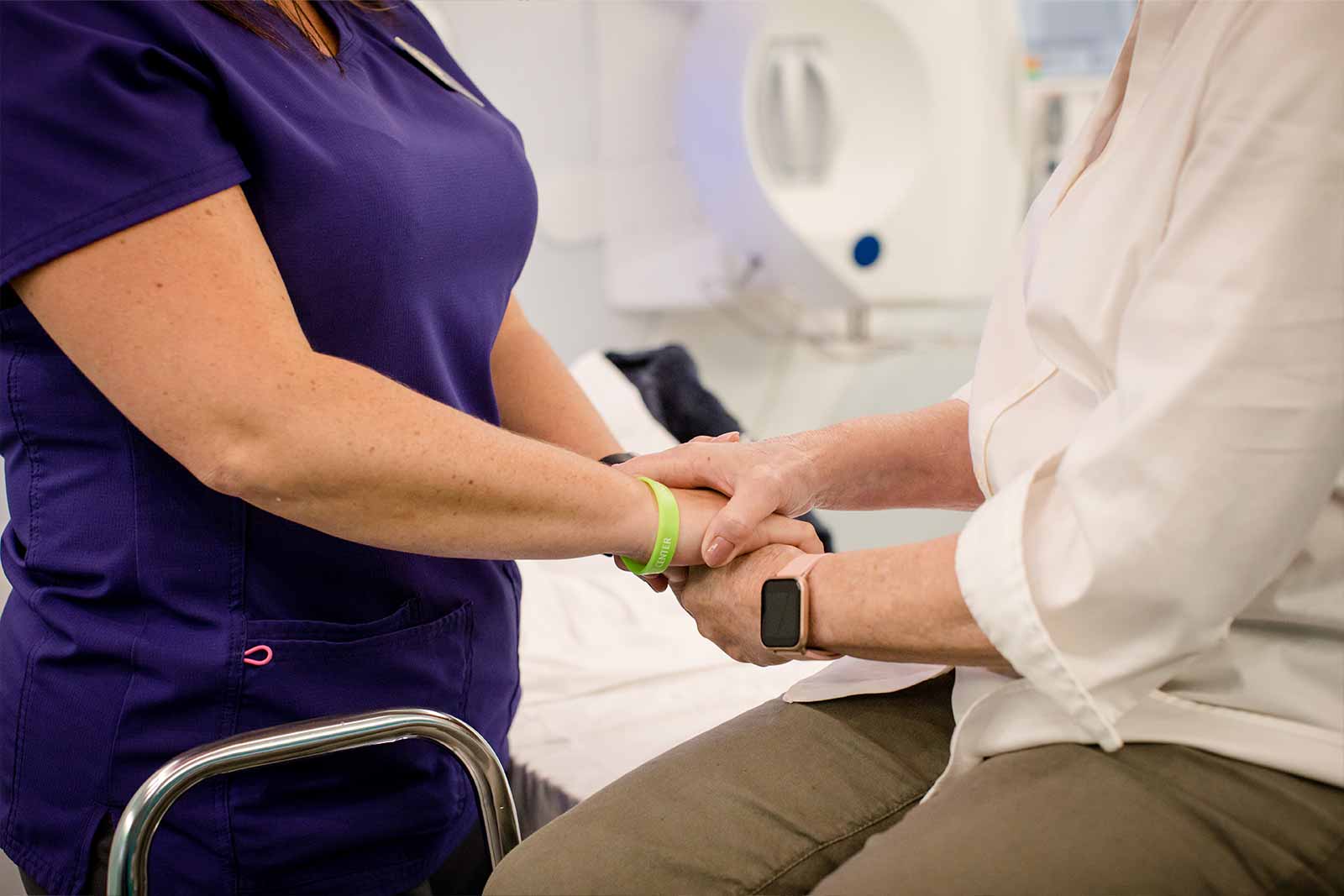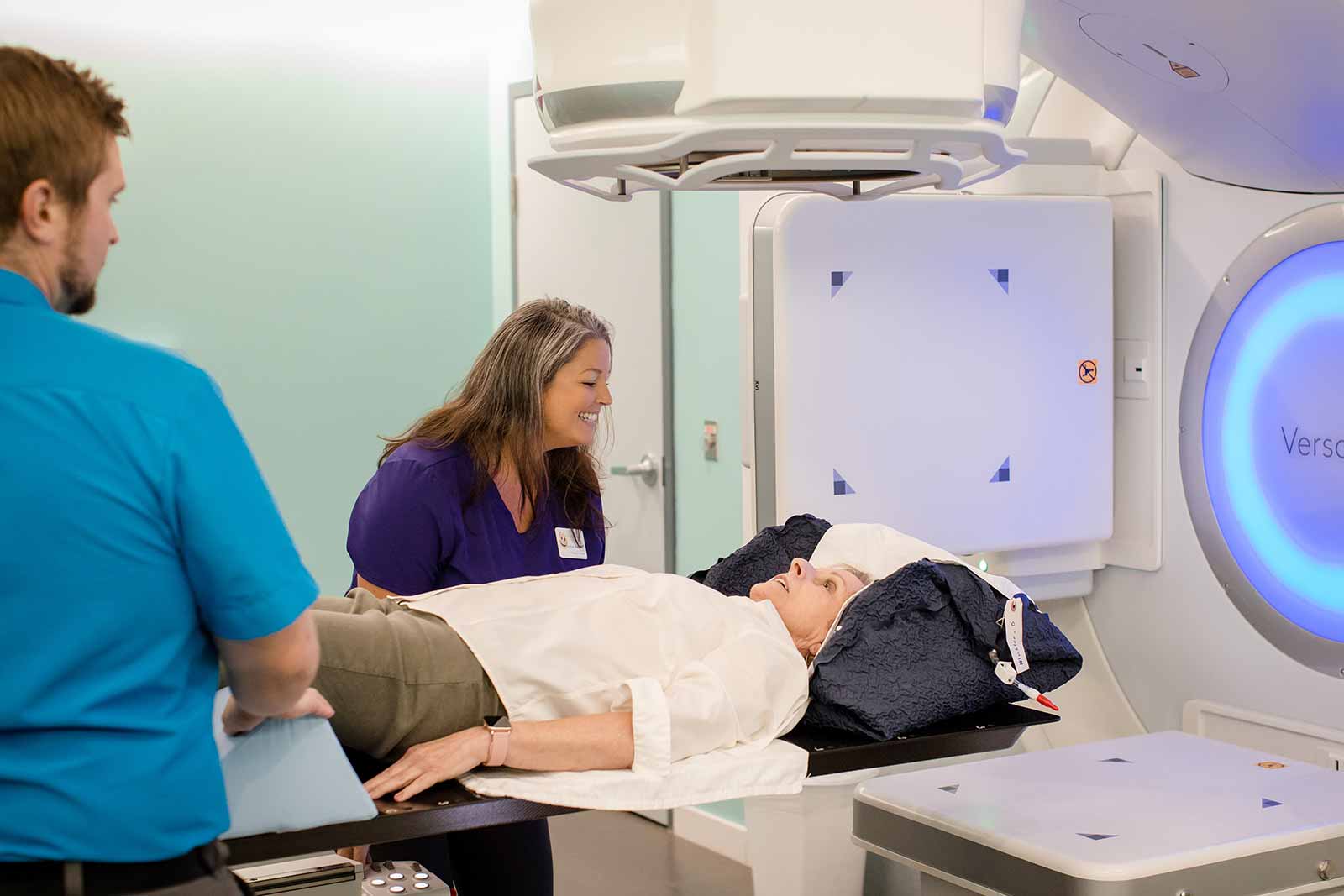While there has been much progress in cancer prevention, screening, and treatment, Florida continues to improve our understanding and response to cancer. Data are the foundation of Florida’s steps forward to stop cancer before it’s too late.
Cancer Connect Collaborative Long-Range Plan
The long-range plan was developed based on input from the Cancer Connect Collaborative, cancer centers, research institutions, biomedical education institutions, hospitals, and medical providers both funded and not currently funded under the Casey DeSantis Cancer Research Program.
Florida Cancer Report
The Florida Cancer Report explores trends in the most common cancers, highlights screening and prevention measures, and details the history of cancer research and care. The report provides public information about the top five most frequently diagnosed cancers in Florida, including breast, lung, prostate, colorectal, and skin cancers.
Florida Cancer Innovation Funding Opportunity 2024
The Florida Department of Health is accepting applications for innovative cancer research and treatment models.
This effort aims to energize collaborations between oncologists, cutting-edge researchers and cancer facilities and to provide a plausible route for expedited funding to bolster the competitiveness of extramural cancer research funding.
This Florida Cancer Innovation Funding Opportunity aims to provide opportunities to break down longstanding silos between researchers, cancer facilities and medical providers to improve cancer research and treatment through innovative approaches to data infrastructure and best practices through the provision of innovation grants.
Funding is for Florida-based institutions only.
Click the button below to learn more about this opportunity to help shape the future of cancer care in Florida.
Applications open Nov. 2024
Learn More

Florida Consortium of National Cancer Institute Centers Program
The Florida Consortium of National Cancer Institute Centers Program was established by 381.915, Florida Statutes to:
- Enhance the quality and competitiveness of cancer care in this state.
- Further, a statewide biomedical research strategy is directly responsive to the health needs of Florida’s citizens.
- Capitalize on the potential educational opportunities available to its students.
Florida-based cancer centers are eligible to join if they are recognized by the National Cancer Institute (NCI) as NCI-designated cancer centers, NCI-designated comprehensive cancer centers or cancer centers working toward achieving NCI designation.
The three categories of Florida cancer centers to be funded are:
- NCI-designated cancer center and comprehensive cancer center: Moffitt Cancer Center
- NCI-designated cancer center: University of Miami Sylvester Comprehensive Cancer Center
- Cancer center working toward achieving NCI designation: University of Florida Health Cancer Center
Biomedical Research Program
In 2001, the Florida Legislature recognized the need to support innovative research conducted in academic and private institutions throughout the state.
The Florida Department of Health’s Biomedical Research Program administers research grant projects through three research programs (per 381.922 and 215.5602, F.S.):
- $10 million for the William B. “Bill Bankhead, Jr. and David Coley Cancer Research Program.
- $8 million for the James and Esther King Biomedical Research Program.
- $3 million for the Live Like Bella Pediatric Cancer Research Initiative.
Grants are awarded annually to support research institutions conducting cancer studies in prevention, diagnosis and treatment. Grantees are selected based on scientific merit as determined by independent peer review experts.

Grants are awarded annually to support research institutions conducting cancer studies in prevention, diagnosis and treatment. Grantees are selected based on scientific merit, which is determined by independent peer review experts who are free from conflicts of interest.

Grants are awarded annually to support research institutions conducting cancer studies in prevention, diagnosis and treatment. Grantees are selected based on scientific merit, which is determined by independent peer review experts who are free from conflicts of interest.